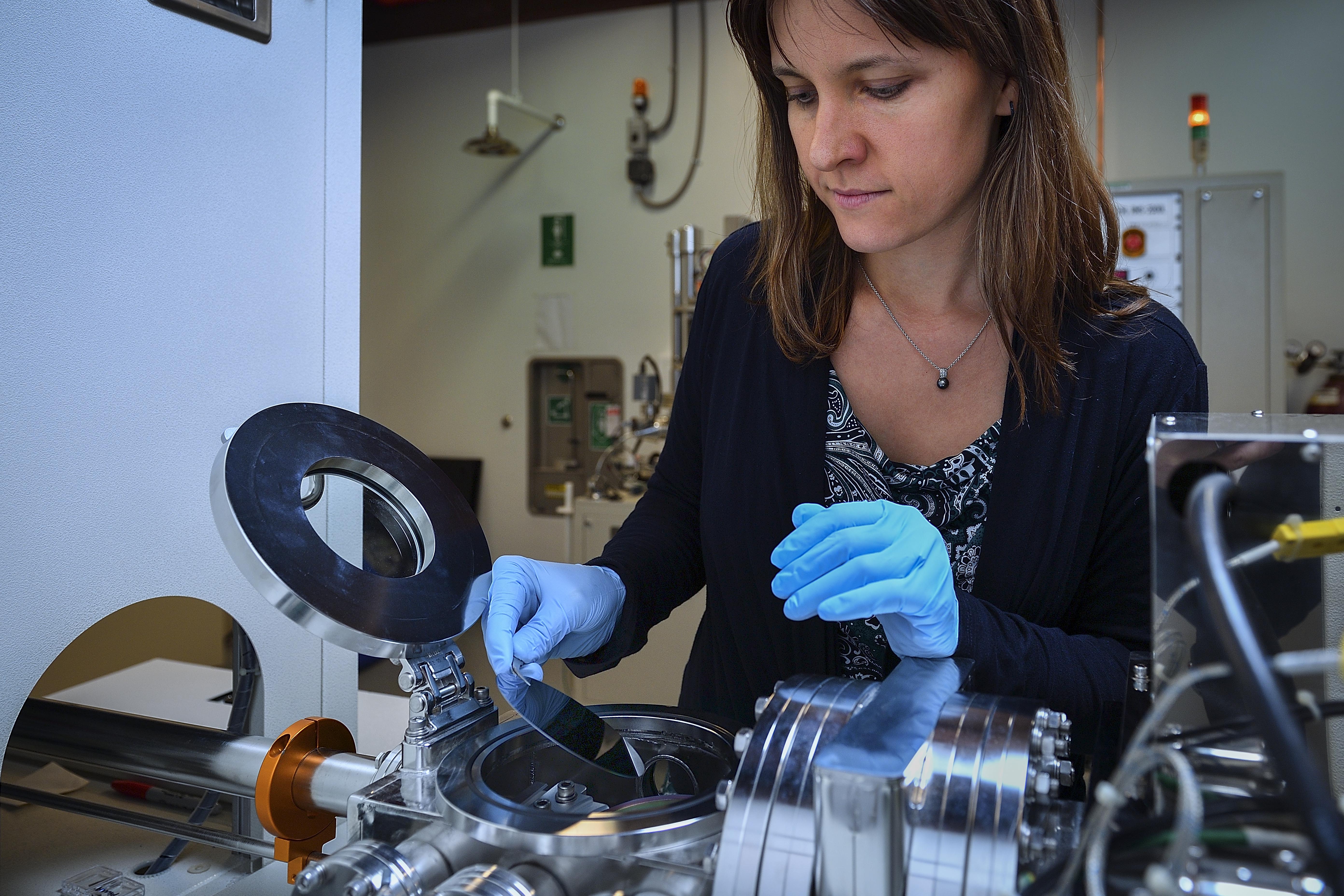
DENTON, Texas (UNT) — Glass reflection is the source of many problems and frustrations, but a professor at the University of North Texas has discovered a solution. Diana Berman, a materials science professor in the College of Engineering, has created a simple coating with the potential to have a major impact and her work has just been published in the online journal ACS Nano.
“This could help the everyday person in many ways,” said Berman. “For example, when you look at your cellphone outside, it’s hard to read because of the light reflection. This could change that. It could also help when you’re driving. Think of how the sun’s glare on your car windshield can make visibility difficult at certain times of the day. This could help lessen that. It could even help with the glasses you wear.”
Berman works on this research in partnership with Argonne National Laboratory. She said they started out the project with a goal of helping make solar panels work better.
“Not all the sun’s light on solar panels is transmitted inside because of the glass reflection,” she said. “We are working to dramatically increase the capability of the light transmission and efficiency of solar panels by reducing the reflection. Traditionally, polymer-based nanoporous films are used as antireflective coatings. One of the problems is conventional polymers can’t withstand the intense UV light of the sun. Replacing the polymers with other non-sensitive to UV materials to design controlled nanoporous structures has been challenging so far. We’ve now made one. In fact, our ceramic antireflective coatings can work in up to 2,000 degrees.”
While improving solar panels is Berman’s first goal, she is excited to see how many products her coating can improve.
“This starts with solar, but goes beyond that,” she said. “It could work with windows, glasses — anything. It can design a specific material for any surface that needs an anti-reflective coating.”




